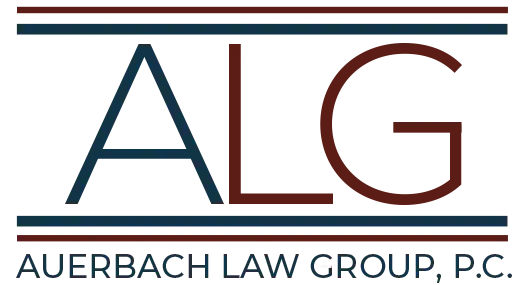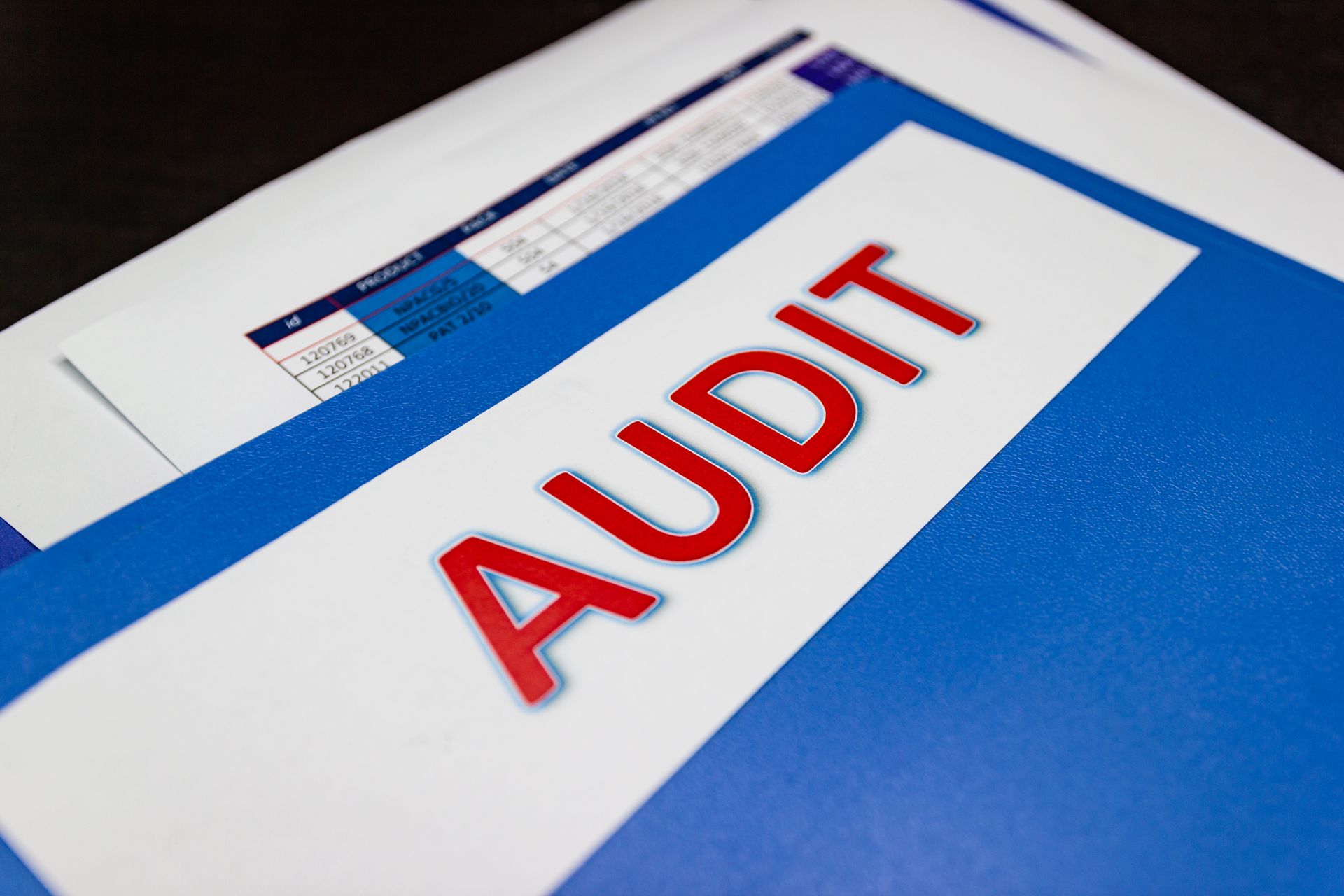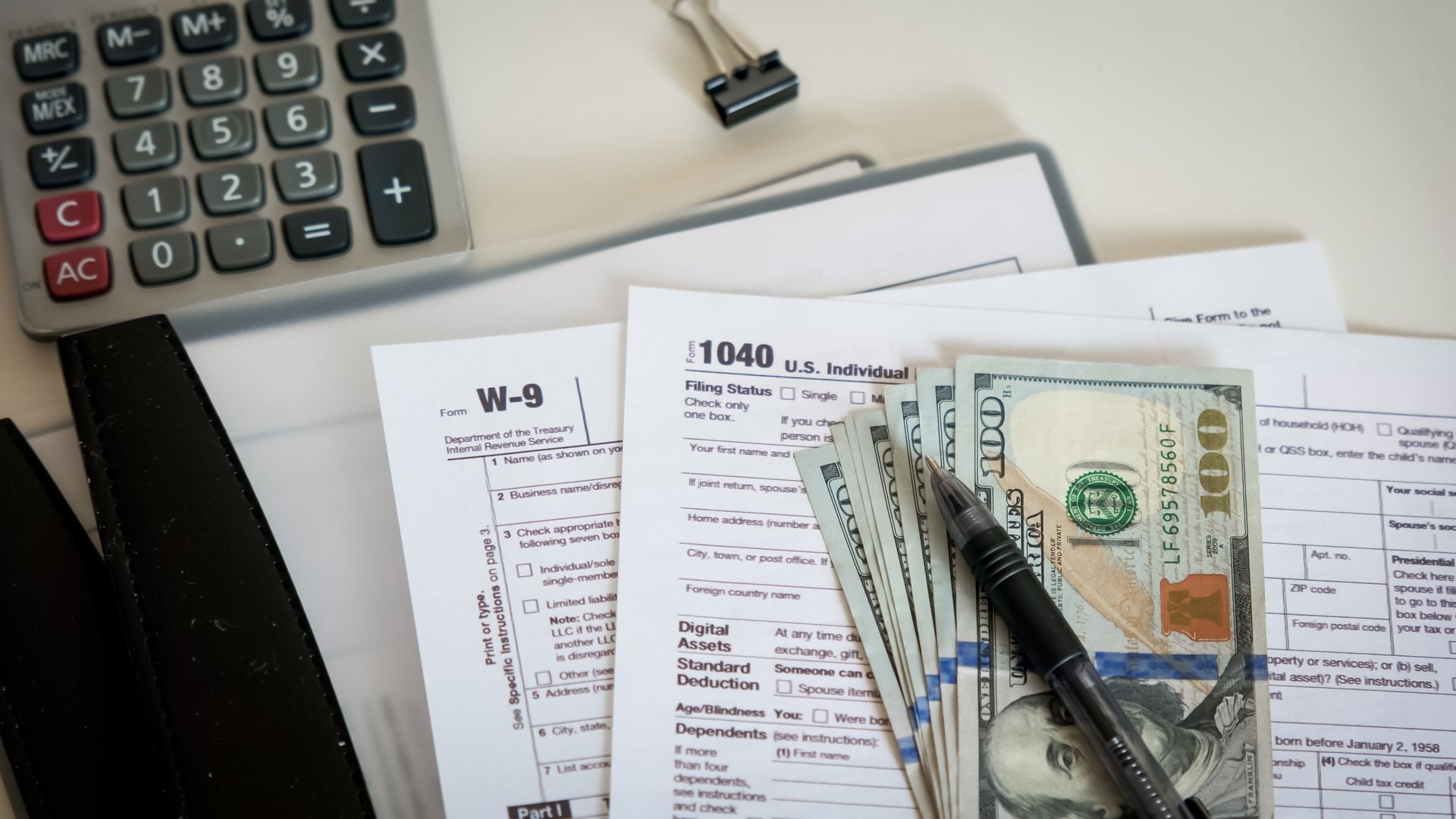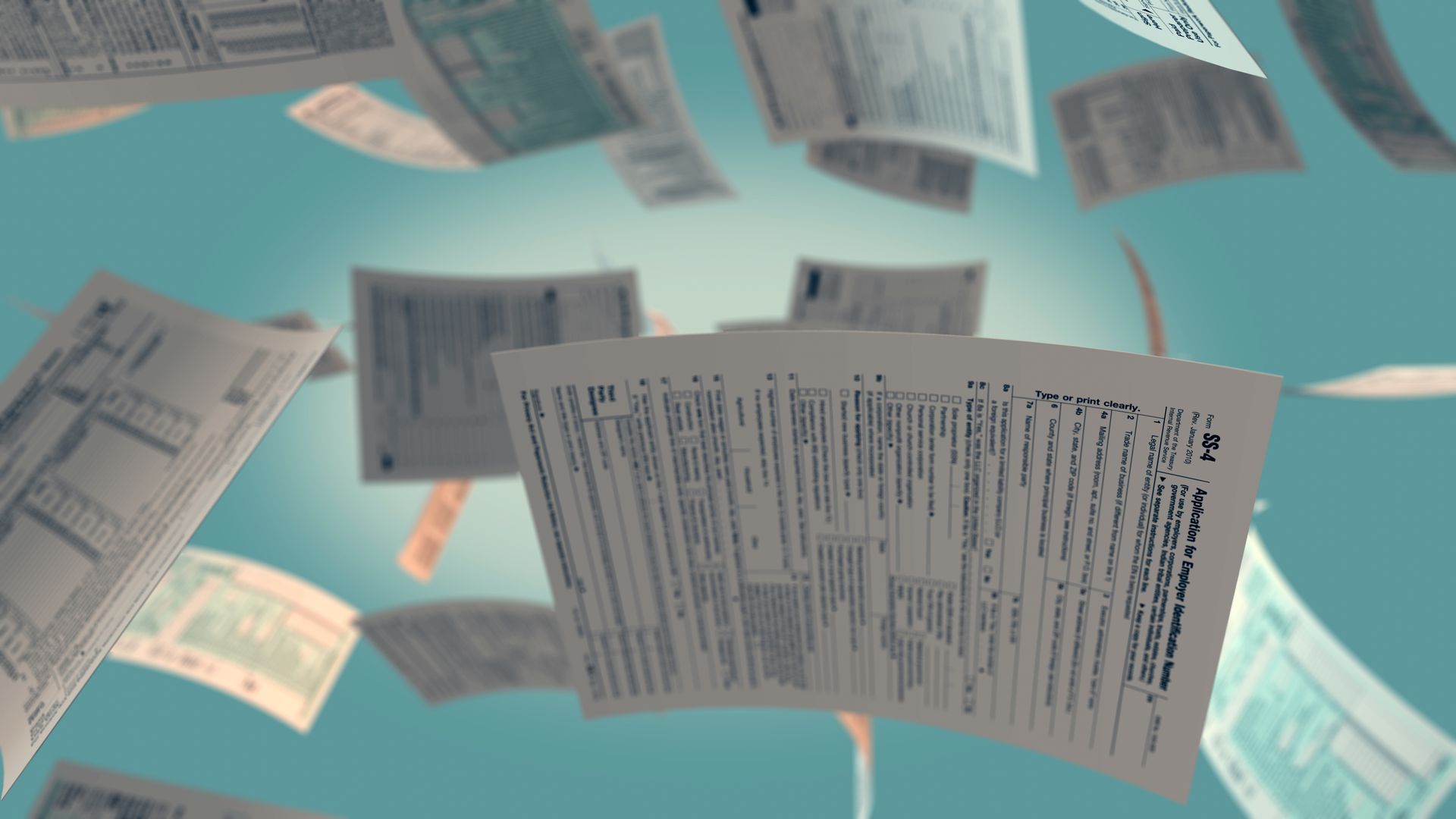What to Expect When Your Case Goes to Federal Tax Court in New York
What to Expect When Your Case Goes to Federal Tax Court in New York
Facing a dispute with the IRS is stressful enough — and when that dispute escalates to the Federal Tax Court, the process can feel overwhelming. For individuals and businesses in New York, knowing what to expect and having skilled legal guidance can make all the difference in protecting your rights and your financial future.
At Auerbach Law Group, P.C., our dedicated team helps clients navigate the complexities of Federal Tax Court with clarity, confidence, and effective strategies tailored to each case.
When Do Cases Go to Federal Tax Court?
Not every tax dispute requires litigation. However, if the IRS has issued a Notice of Deficiency (sometimes called a “90-day letter”) and you disagree with the findings, you must act quickly. Filing a petition in Federal Tax Court allows you to challenge the IRS’s determination before paying the disputed amount.
Common reasons cases end up in Federal Tax Court include:
- IRS audits that result in significant additional taxes owed
- Disputes over unreported income or denied deductions
- Penalties and interest assessed by the IRS
- Civil tax controversies or alleged tax fraud
- Complex business or corporate tax issues
The Federal Tax Court Process in New York
The path through Federal Tax Court involves several key stages:
- Filing a Petition
You must file your petition within 90 days of receiving the Notice of Deficiency. Missing this deadline means you lose your right to challenge the IRS in court. - Pre-Trial Procedures
This phase includes exchanging information with the IRS, reviewing evidence, and potentially negotiating a settlement before trial. Many cases resolve during this stage. - Court Hearings
If the case proceeds, both sides present their arguments and supporting documentation before a Tax Court judge. - The Judge’s Decision
After reviewing the evidence, the judge issues a ruling that determines your tax liability. - Appeals (if necessary)
If either side disagrees with the decision, they may appeal to the U.S. Court of Appeals.
Why Legal Representation Is Critical
While you are not required to have an attorney in Federal Tax Court, representing yourself can be risky. The IRS will have experienced attorneys on its side, and the rules of procedure can be highly complex.
Working with a Federal Tax Court attorney gives you:
- Skilled representation against the IRS
- Thorough preparation of evidence and documentation
- Negotiation experience that may help settle before trial
- Guidance through deadlines and legal procedures
- Peace of mind knowing your rights are protected
Civil vs. Criminal Tax Court Matters
Most Federal Tax Court cases are civil in nature, dealing with disagreements about taxes owed. However, if the IRS suspects tax fraud or willful evasion, the matter could involve criminal charges — which carry far more serious consequences, including fines or imprisonment.
At Auerbach Law Group, we represent clients in both civil and criminal tax controversies, ensuring that your case is handled with the care and attention it deserves.
How Auerbach Law Group Helps New York Clients
At Auerbach Law Group, P.C., we understand the fear and uncertainty that comes with facing the IRS. Our team provides:
- In-depth analysis of IRS claims against you
- Tailored strategies designed to achieve the best possible outcome
- Clear communication so you always know where your case stands
- Strong advocacy in and out of court
With us by your side, you can face Federal Tax Court with confidence.
Take Action Before It’s Too Late
If you’ve received a Notice of Deficiency from the IRS, don’t wait — your window to file in Federal Tax Court is limited. Acting quickly can preserve your right to challenge the IRS and protect your financial future.











